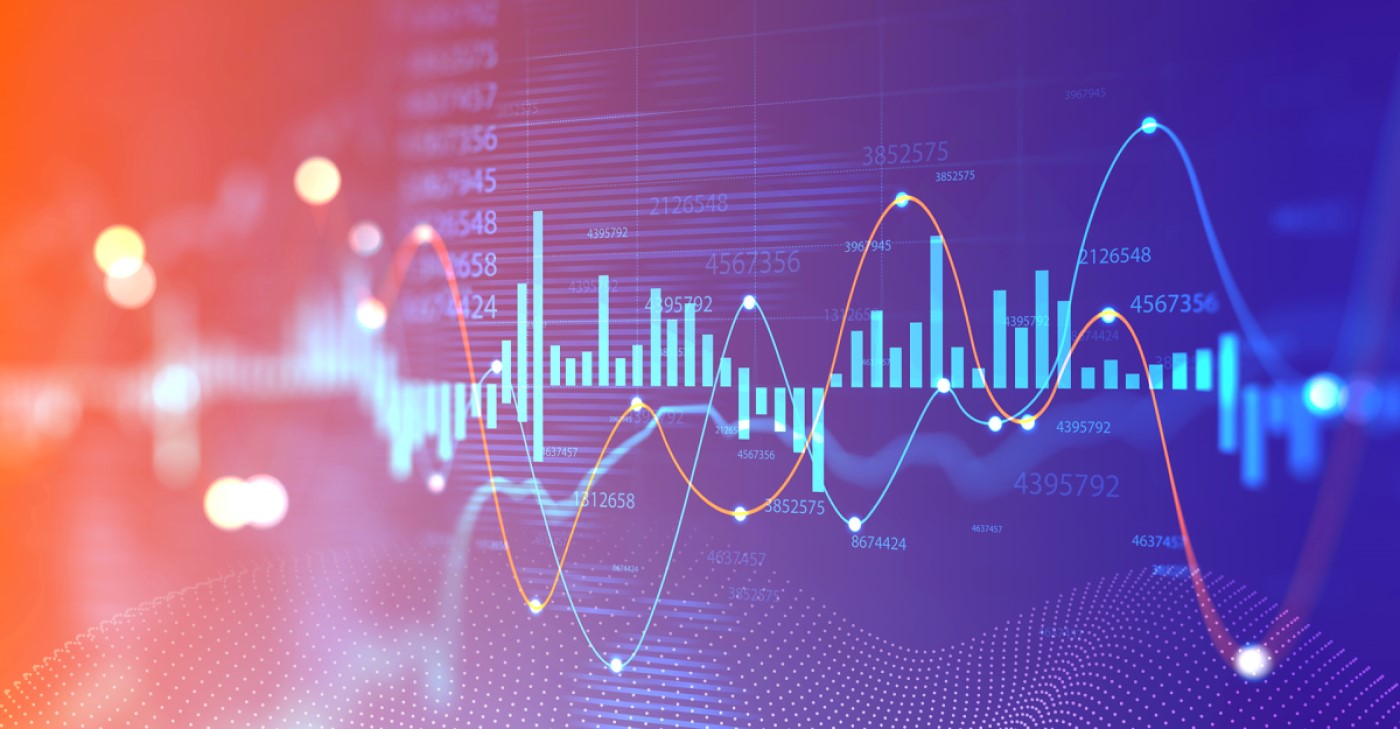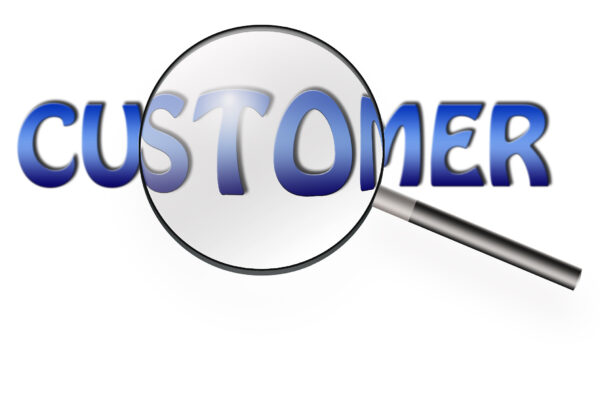
Utilities and the broader energy sector are increasingly relying on advanced data analysis techniques and technologies. By collecting, processing, and analyzing large volumes of data from various sources, utilities can improve operational efficiency, enhance customer service, and gain insights to make strategic decisions.
Data sources may include smart meters, sensors, and other monitoring devices.
Here is a look at the primary benefits that can be realized from advanced data analytics to transform how utilities operate and serve customers:
- Operational efficiency — Utilities can monitor and analyze real-time data showing energy consumption, distribution, and grid performance. Identifying patterns, trends, and anomalies enables utility staff to optimize operations, improve asset utilization, and reduce energy losses. These improvements result in cost savings, better resource management, and increased reliability of energy supply.
- Demand response and load management — Historical and real-time data showing energy demand patterns can help utilities analyze patterns and guide them in implementing demand response programs and load management strategies to balance electricity supply and demand. Incentivizing customers to shift their energy usage during peak periods reduces strain on the grid, helps to avoid outages, and potentially defers costly infrastructure upgrades.
- Customer engagement and service — With analytics, utilities can gain valuable insights into customer behavior, preferences, and energy-consumption patterns. The data may show utilities how to personalize offerings, provide targeted energy efficiency recommendations, and offer innovative pricing plans. This enhances customer engagement, satisfaction, and retention, while promoting energy conservation and sustainability.
- Grid optimization and renewables integration — Connecting solar, wind, and other renewable energy sources to the power grid poses grid stability challenges related to intermittency of output. With advanced analytics, utilities can predict peaks and valleys of renewable energy generation, assess its impact on grid operations, and optimize the integration of renewables into the system. As a result, utilities can maximize renewable energy utilization while maintaining reliability and stability.
- Predictive maintenance and asset management — Applying analytics to data collected from sensors and smart devices makes it possible for utilities to predict equipment failures and perform proactive maintenance. This predictive maintenance approach reduces downtime, extends asset life, and improves overall reliability. Analytics also help to optimize asset investments, identify underperforming assets, and plan strategically for infrastructure upgrades.
- Regulatory compliance and risk management — Advanced analytics provides utilities with the tools to analyze and report on various regulatory requirements and performance metrics. It helps utilities to comply with environmental regulations, energy efficiency standards, and cybersecurity protocols. Additionally, analytics can be used to assess and mitigate risks associated with weather events, cybersecurity threats, and operational disruptions.
Analytics plays an increasingly vital role in the modern energy landscape. Utilities that leverage data-driven insights gain important new pathways to improve operational efficiency, demand management, and customer engagement, while optimizing their grids, improving asset management, mitigating risks, and complying with regulatory mandates.
As utilities harness the power of analytics, they are equipped to better navigate a rapidly evolving energy landscape.

Carol Bogacz is a principal consultant at 1898 & Co., part of Burns & McDonnell. With more than 27 years of analytical experience, Carol is an industry leader driving innovative solutions through deep technical experience to expand and deliver strategic offerings to clients. She leads teams through all phases of delivery, including discovery, requirements gathering, analysis, solution recommendations, and implementation. Carol has been named a Top 25 Thought Leader in Utility Analytics by the Utility Analytics Institute and currently serves on the board. She is also a certified Prosci® Change Management Practitioner.
1898 & Co. is a Solution Provider member of Utility Analytics Institute. Check out UAI Communities and become a member to join the discussions at Utility Analytics Institute.















